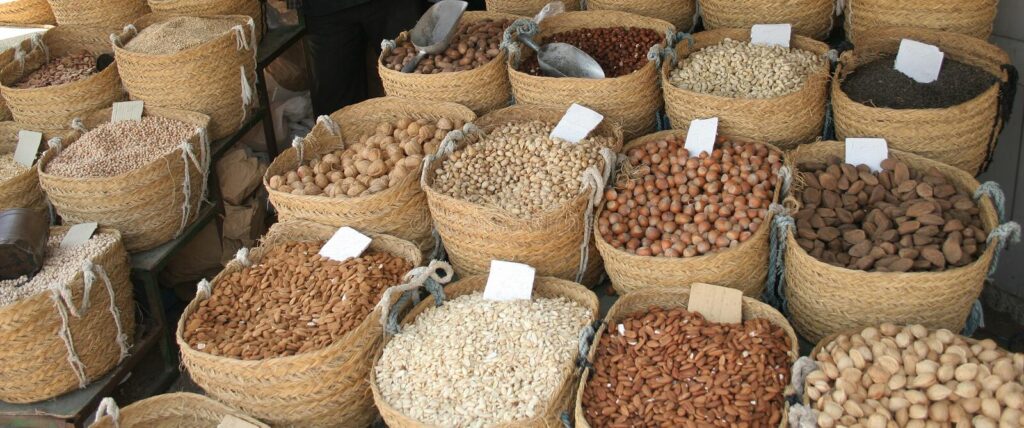Impacts
The Alliance is an international trade reform initiative working through public private partnership and providing comprehensive impact measurement of its projects.
Targeted solutions, measurable impacts

The Global Alliance for Trade Facilitation is on a mission to end unequal access to global markets by tackling red tape and streamlining the processes associated with cross-border trade in developing and least developed countries (LDCs).
Our impacts are many and varied, with projects assisting a wide range of critical goods, enhancing food security and global health.
We are guided by the World Trade Organization (WTO) Trade Facilitation Agreement (TFA), a broad package of measures designed to streamline cross-border trade. In signing this binding agreement, WTO members recognised many countries would require assistance, technical and otherwise, in meeting their obligations in full.
Cutting red tape
Overcoming barriers to trade promotes greater access to the benefits of international trade, with MSMEs standing to gain most. Our projects promote equal access, we help level the playing field.
Making trade simpler, faster, and more cost-effective triggers inclusive economic growth, alleviating poverty and improving lives. Red tape and manual border processes stymie economic growth efforts at national level, while virtually excluding micro, small and medium-sized enterprises (MSMEs), many of them women-owned, from the benefits of international trade.
Digitalisation
By emphasising digitalisation and delivering other best practices, Alliance projects enable businesses to trade more easily, improving end-to-end transparency and replacing fragmented, wasteful, duplicative paper-based systems.
We are the only international trade reform initiative based explicitly on public private partnership and committed to measuring the impact of our projects in terms of time and cost savings for business.



